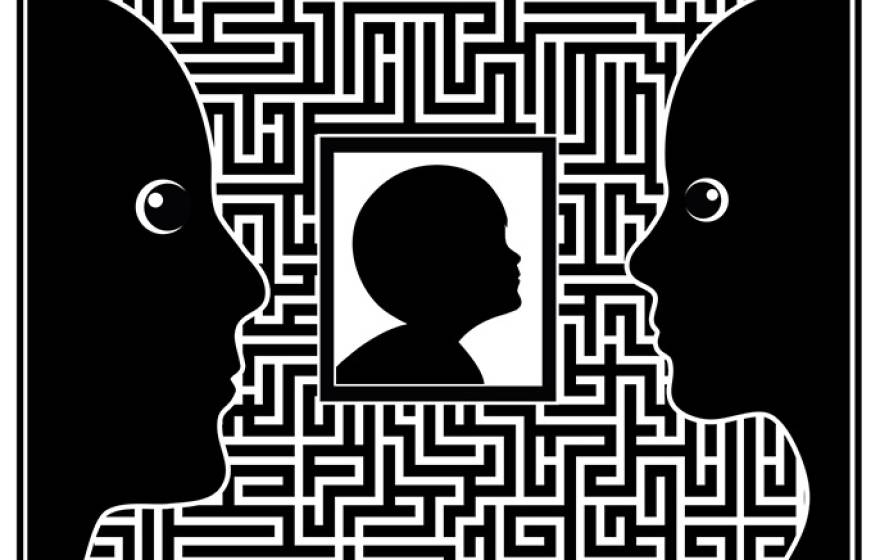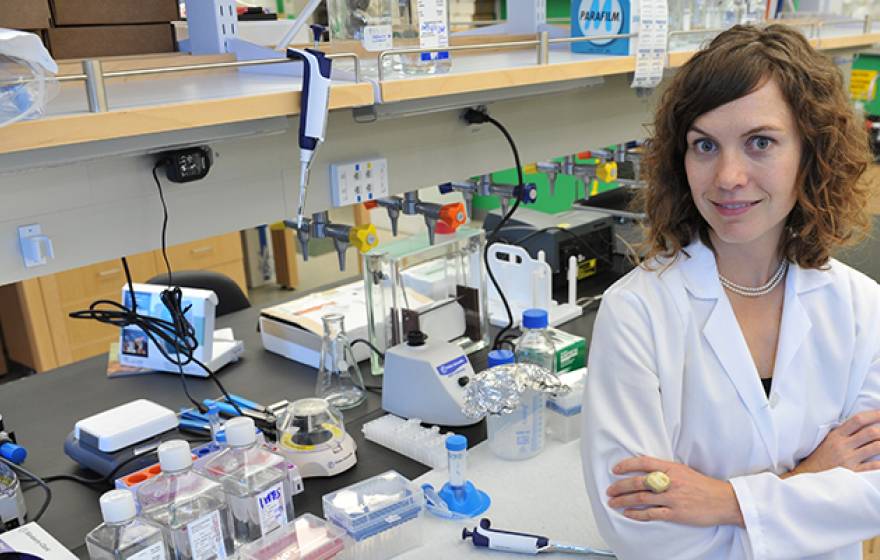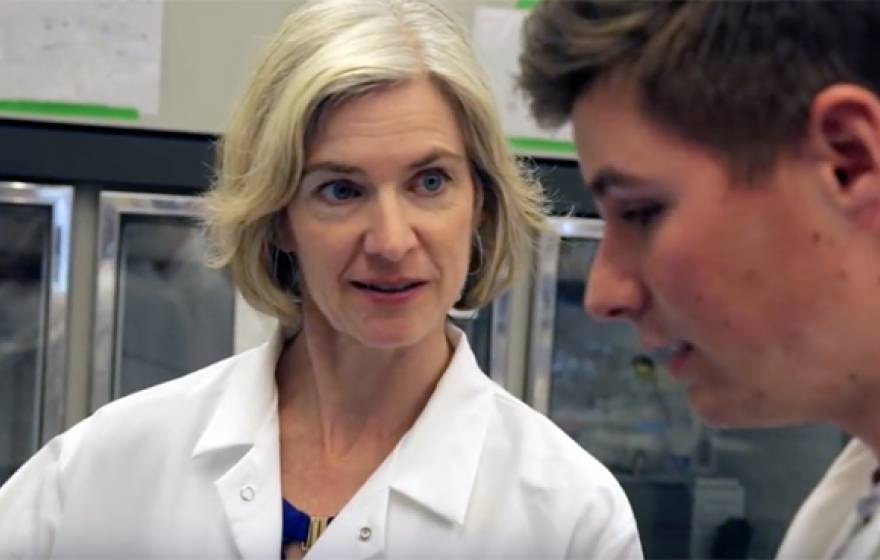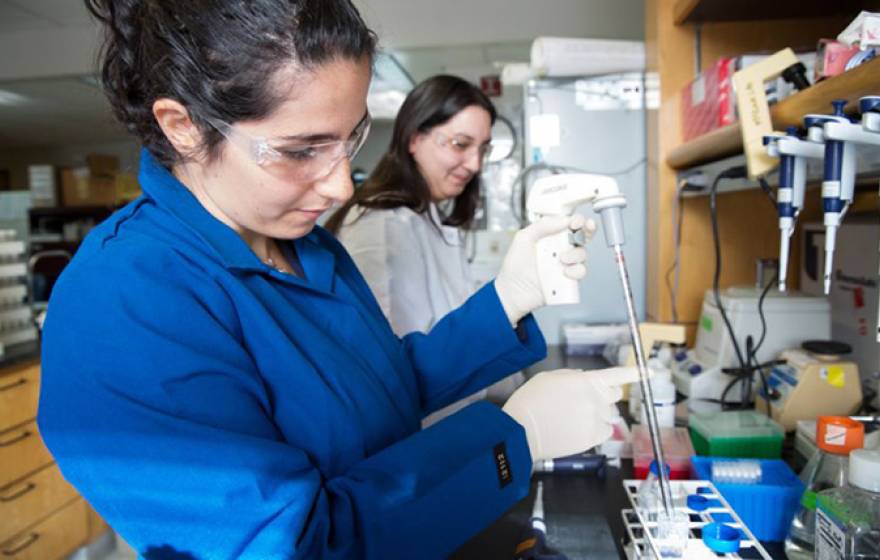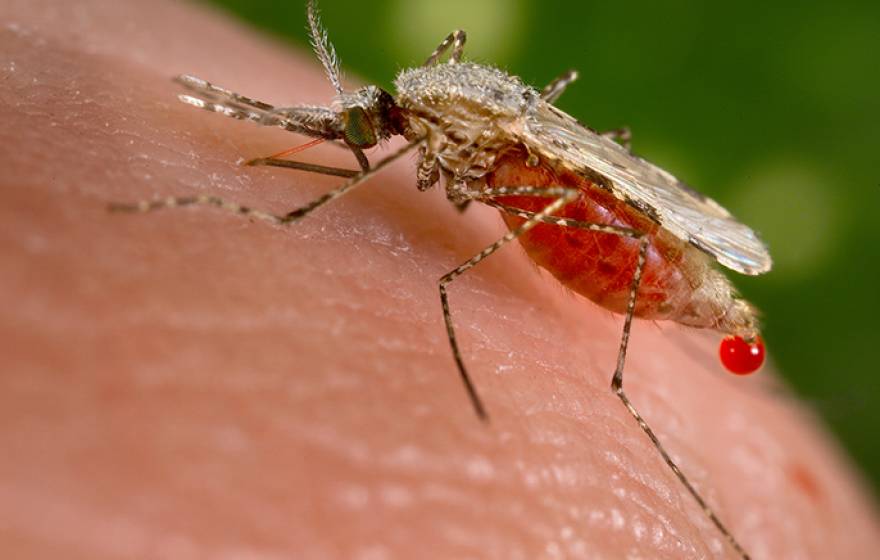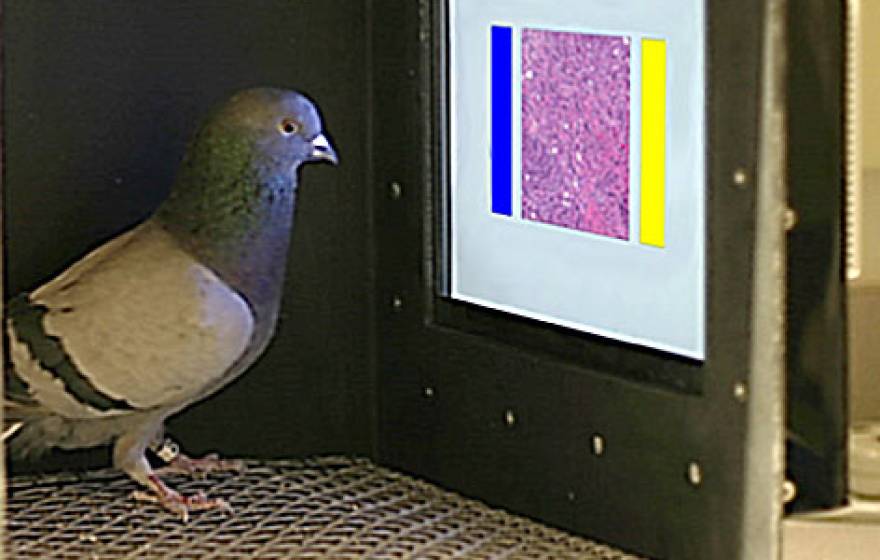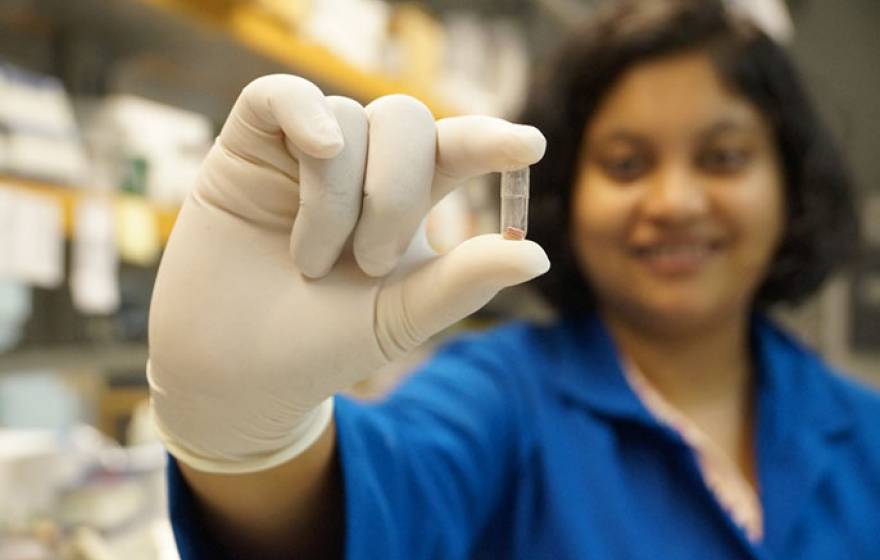Ultrasound evaluations show that the knuckle-cracking sound occurs when gas bubbles form in joints very quickly, UC Davis study finds.
Five early signs of autism
Getting a diagnosis for Autism Spectrum Disorder as early as possible is important for early intervention, UCLA professor Connie Kasari says
Scientists design a new method for screening cancer cells
Parallel microfiltration could lead to better treatments for a number of diseases, UCLA-led study says.
CRISPR inventor calls for pause in editing heritable genes
Idea for summit on ethics comes from Jennifer Doudna, the UC Berkeley professor who developed technology that makes it easier to manipulate the human genome.
$20M grant funds amfAR Institute for HIV Cure Research
UCSF and the Gladstone Institute for Virology and Immunology among research groups partnering in effort to eliminarte virus.
UCLA–USC team to develop tech to predict kids' asthma attacks
Platform will enable smart devices to alert children based on their unique risk factors and environmental conditions.
UC scientists create malaria-blocking mosquitoes
New insect model may help eradicate disease that sickens millions annually.
Regents streamline UC Health oversight
Trustees amend UC Health governance to foster continued growth of UC’s academic medical centers.
Pigeons can distinguish cancerous breast tissue from normal
Study finds the birds are uncommonly good at distinguishing cancerous breast tissue from normal .
An easy pill to swallow
An insulin pill in development shows early promise as a novel form of diabetes therapy.
Working up a sweat may protect against lethal prostate cancer
Vigorous exercise and other healthy lifestyle habits appear to have lifesaving benefits.
$177M gift will found Global Brain Health Institute to fight dementia
Atlantic Philanthropies funds UCSF and Trinity College Dublin, the University of Dublin, to stem the precipitous rise in dementia by training and connecting a new generation of leaders worldwide.

